SUSTAINABILITY ASSESSMENT FOR COMPANIES
Sustainability is becoming increasingly important
/ OUR OFFICE
SUSTAINABILITY
ASSESSMENT
WHY SUSTAINABILITY ASSESSMENTS ARE IMPORTANT FOR COMPANIES
che aspect of sustainability is becoming increasingly important and many companies, organisations and institutions are already aware that sustainability will be the key driver of their future direction. But how do you transform a classic business-minded company into a successful sustainable one?
By getting a partner on your side and taking important first steps – such as a corporate sustainability assessment.
WHAT IS TERRA’S APPROACH TO CONSULTING?
We help institutions, companies and regions to successfully manage their transformation towards greater sustainability. The sustainability assessment is an important tool at the beginning of the formulation and development of the sustainability strategy.
Here, it is important to support companies and organisations in several ways:

- Issue identification:
In order to achieve the best possible result here, we have developed an ESG questionnaire (from the English Environment, Social, Governance) based on the most common international standards and guidelines for sustainability, which we use for a status survey independent of reporting obligations. In addition, existing assessment tools and self-developed tools are also used for analysis.
We have developed our own software as a query tool especially for companies and the banking sector: ESG-TiMA.
For the tourism and destinations sector, we use the EarthCheck programme. It is suitable for comparison with competitors and can be combined with certification at a higher level.
Together with EarthCheck, we have developed TerraFootprint, a digital platform that makes it easier for tourism to monitor energy consumption and calculate CO2 emissions.
We have developed an ESG questionnaire which we use to assess the sustainability performance of our clients’ supply chain
What are the sustainability issues relevant to the company and its operations? The following issues may be important:
Environmental issues such as greenhouse gas emissions and waste management.
Social issues such as labour practices and human rights
Economic issues such as financial stability and supply chain management
- Materiality analysis (according to CSRD):
With the impact materiality analysis, we examine the company’s impact on the environment and society (inside-out).
In addition, with the financial materiality analysis, we analyse the impact of ESG issues on the financial viability of the company (outside-in).
- Stakeholder dialogue:
The issues to be addressed are validated with the stakeholders. The stakeholders can be internal or external. Internal stakeholders such as the employees will be the ones putting into practice the strategy, while external stakeholders especially when they are experts on the sector and the field, can help in evaluating the impacts and therefore conducting the materiality analysis described in the previous paragraph.
- GRI Report:
Based on the data collected, strategies are developed that on the one hand are in line with the individual company goals and on the other hand address the important sustainability issues. Here we address the question of how the company can improve its sustainability performance. This can happen, for example, by introducing new strategies or practices to reduce negative impacts on the environment. Subsequently, the developed sustainability strategies and initiatives are implemented.
The strategy is then described in a report and made available to stakeholders. We prepare our reports according to the GRI methodology and the CSRD.
The GRI report records information on an organisation’s environmental, social and governance performance and impacts. It is also used for public reporting on various economic, environmental and social impacts.
In order to ensure that the shift towards more sustainability in the company is carried out in all areas of a company, a sustainability assessment should be carried out on a regular basis. In this way, the company can continuously improve its sustainability performance and address emerging sustainability issues.
WHAT IS THE TERRA INSTITUTE?
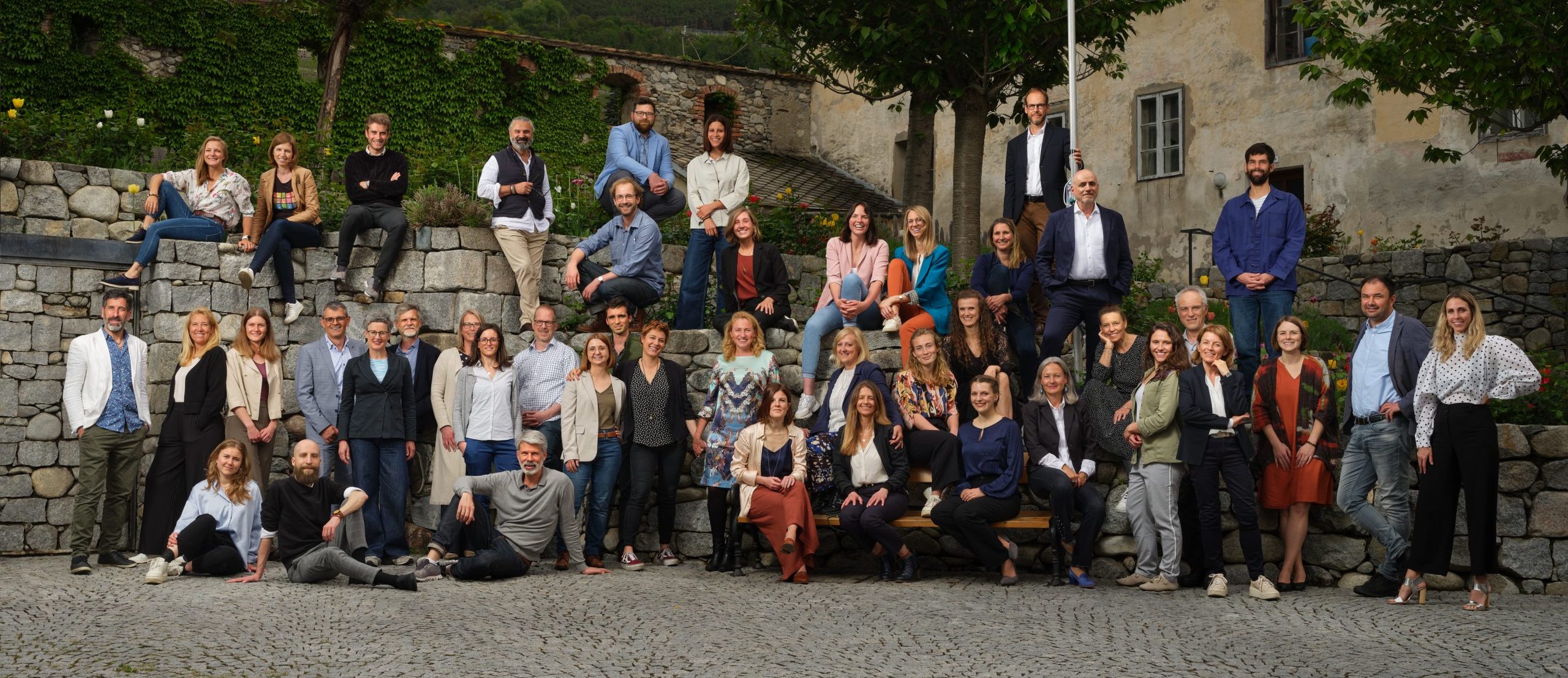
The aim is to support them in transforming their previously purely economically driven actions into sustainable yet successful ones.
THE COMPANIES
WHO HAVE CHOSEN US



















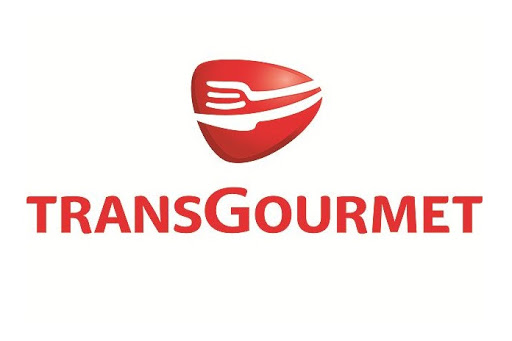



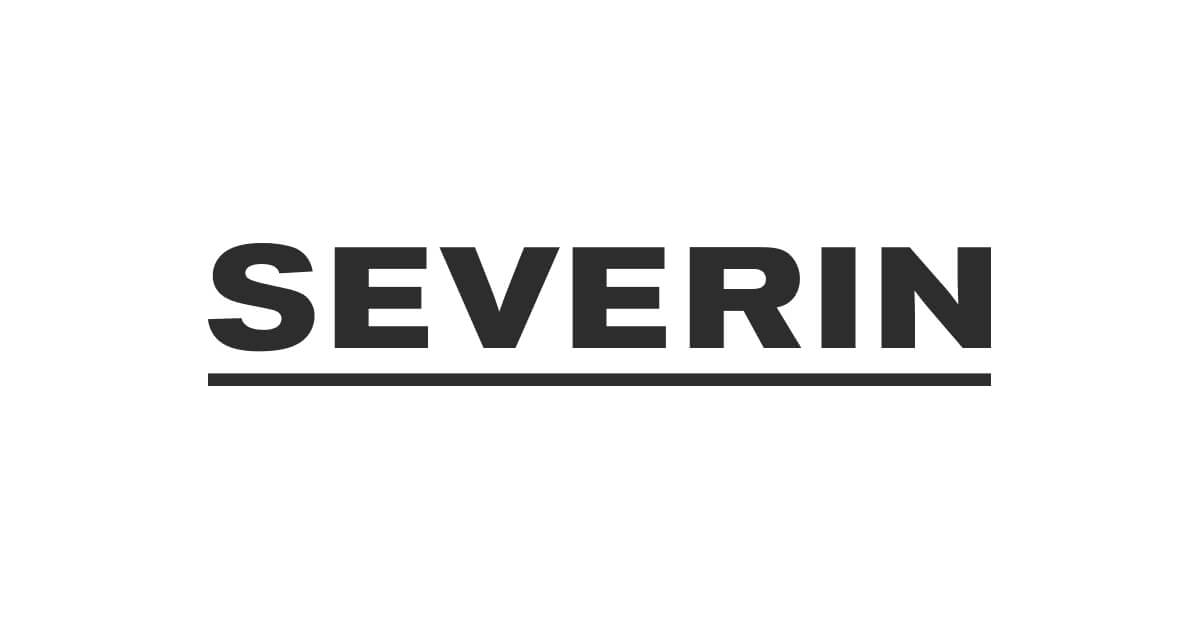



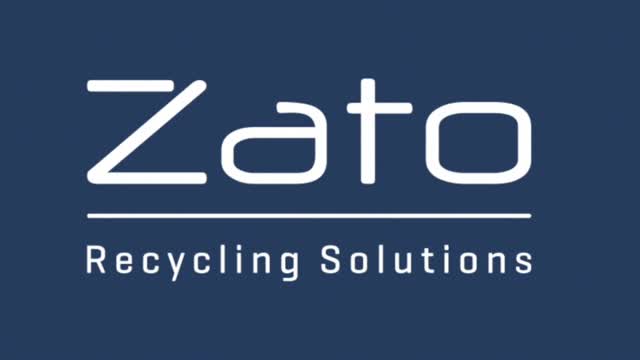
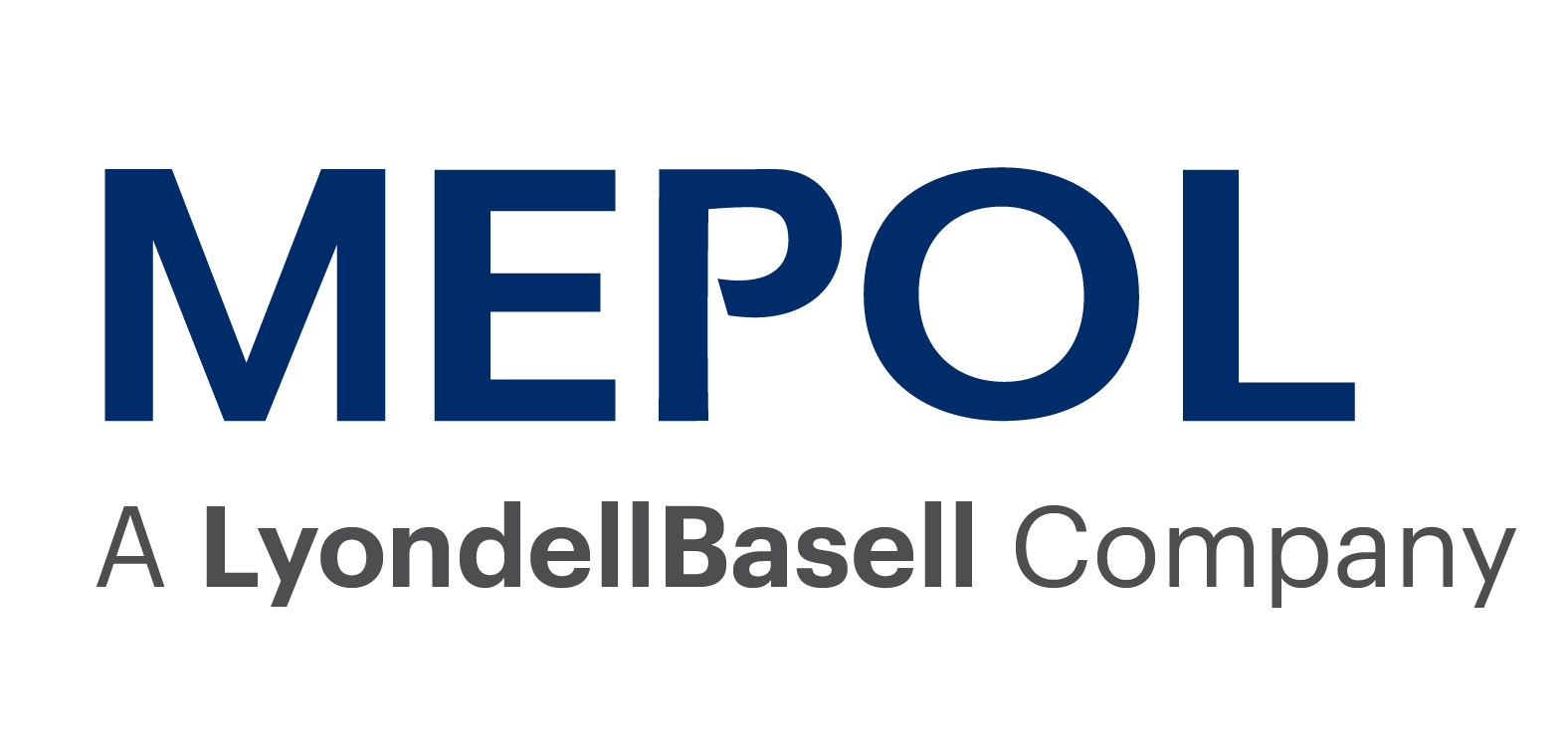

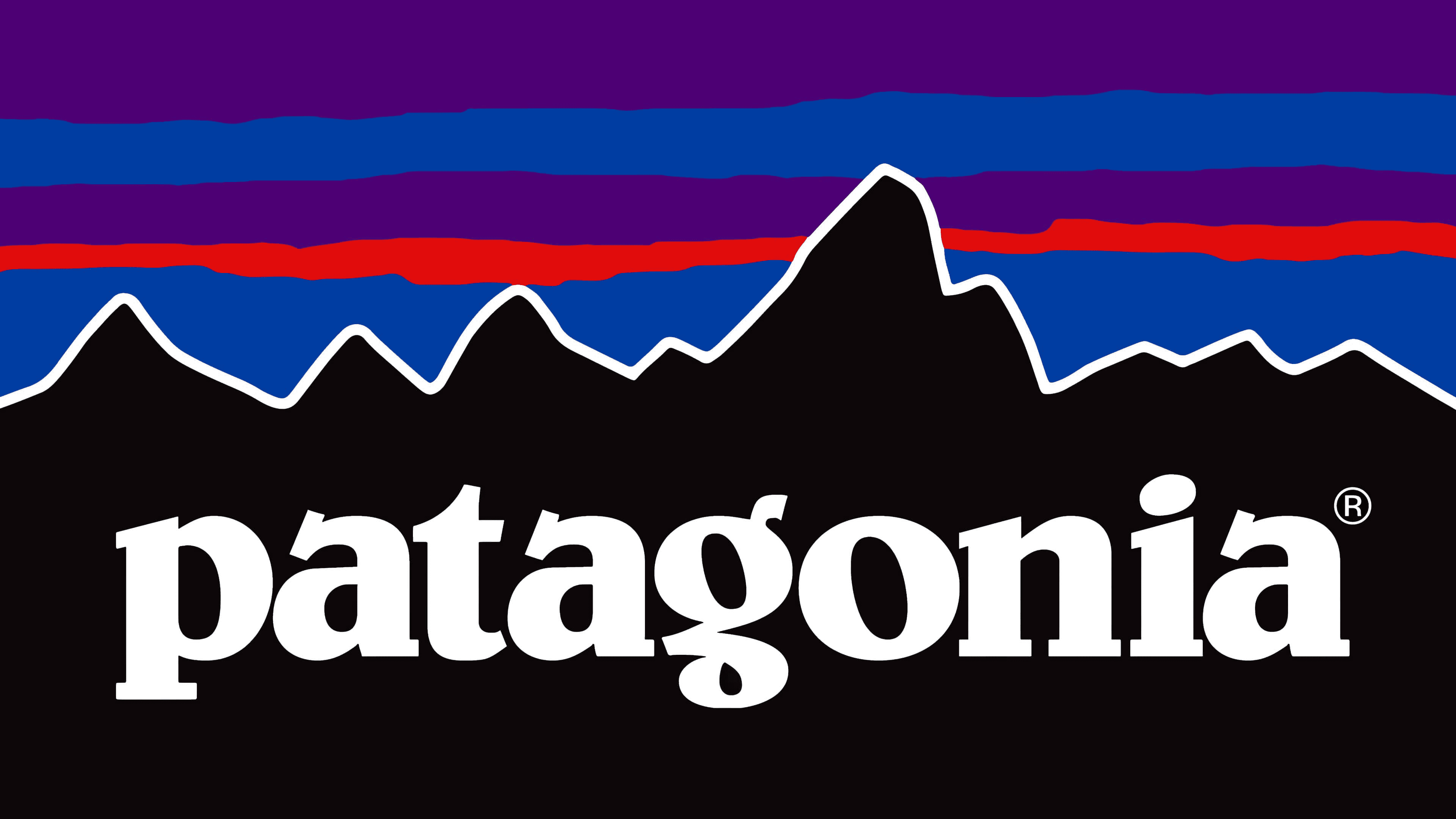



SUSTAINABILITY ASSESSMENT AS A KEY COMPONENT FOR SHAPING A RESPONSIBLE FUTURE
Sustainability assessment is an evaluation of the social, environmental and economic impacts of a particular activity, product, project, business or policy.
The sustainability assessment identifies potential negative impacts and, as a consequence, proposes measures to either minimise or avoid them altogether, while maximising positive impacts.

Companies and organisations can be supported in this process in several ways:
- In data collection and analysis: environmental, social and economic sustainability data are analysed and collected, and optimisation opportunities are identified from these.
- In the development of strategies: Strategies are developed which, on the one hand, are in line with the individual company goals and, on the other hand, address the important sustainability issues.
- In implementation: Once the appropriate sustainability strategies and initiatives have been developed, companies and organisations can be supported in their implementation.
- In communication: The newly acquired knowledge and the progress made should be communicated transparently, both internally and externally.
HOW DO CLIENTS BENEFIT FROM TERRA’S SUSTAINABILITY ASSESSMENT?
Companies and organisations can benefit in several ways from a sustainability assessment by our experts. For example, the advice helps to:
- Improved operational efficiency: a sustainability assessment identifies areas and themes that have enormous potential for improvement. For example, the sustainability assessment helps companies to reduce waste, energy demand and other resource consumption. This not only makes the company more sustainable, but also improves operational efficiency in the long run and leads to cost savings.
- An increase in innovation: The sustainability assessment reveals opportunities to improve a company’s sustainability performance. These can be driven through innovation. This results in new products, services and processes that improve the company’s competitiveness.
- Risk reduction: When a company’s sustainability is scrutinised, potential environmental, social and economic risks also become visible. Recognising and subsequently minimising these risks contributes significantly to the company’s success.
- Compliance with legal requirements: There are numerous legal environmental and social regulations that a company and an organisation must comply with, such as the CSRD (Corporate Social Responsibility Directive) or the EU taxonomy. A sustainability assessment helps to guarantee these and thus avoid the threat of fines for non-compliance.
- An improved external image: Many customers, potential new employees, investors and other stakeholders are specifically looking for sustainable companies. By focusing on sustainability issues, a company can therefore not only improve its reputation, but also increase its attractiveness.

Sustainability assessment – our team
Alice Piccolo

Alice Piccolo holds a Master’s degree in Social-Ecological Economics and Policy and has been advising companies on corporate mobility management, sustainable finance and ESG risks for several years at the Terra Institute, as well as working on European projects related to the 2030 Agenda.
In terms of content, she is an expert in the field of ESG and risk assessment of companies. She also links the SDGs with corporate strategy and supports companies in living and implementing them internally.
Arno Van Droogenbroeck

Arno Van Droogenbroeck holds a Master’s degree in Industrial Engineering with a focus on Operations Management.
He has several years of experience in consulting for risk, cost and organisational management of large infrastructure projects in the DACH region.
With this background, Arno’s work at Terra Institute includes EU taxonomy, CSRD and supply chain analysis.
Günther Reifer

Co-founder and CEO of Terra Institute. The focus of his consulting is on purpose and strategy, CircularEconomy and SustainableFinance.
He is an impulse generator, inspirer and key note speaker, a member of various supervisory and administrative boards and a lecturer at various universities in Switzerland and abroad. He is a passionate sustainability consultant and combines innovation and sustainability-innovability.
Contacts
Do you have any questions or would you like our support on your way to becoming a sustainable company?
The easiest way to get in touch with us is here!
Please note our Privacy Policy and conditions.
Thank you very much! We look forward to receiving your message!
office@terra-institute.eu
Tel. +39 0472 970 484.
-

BRESSANONE HEADQUARTERS
Terra Institute Srl
Via Sant'Albuino 2
39042 Bressanone (BZ)
Italy
INNSBRUCK OFFICE AUSTRIA WESt
Maria Theresienstr. 34
6020 Innsbruck
Austria